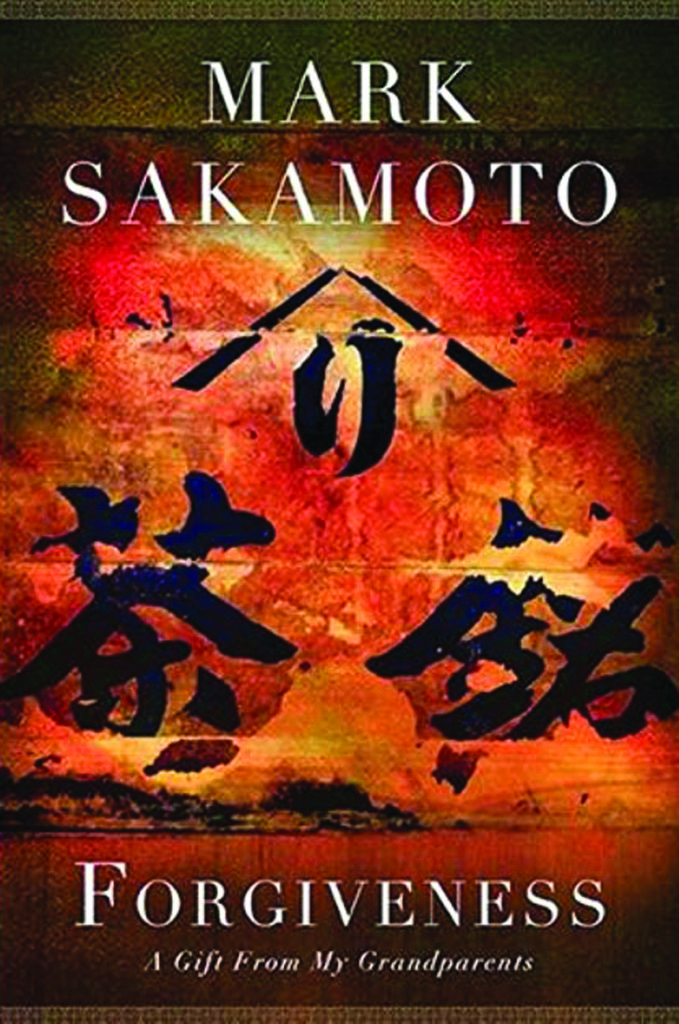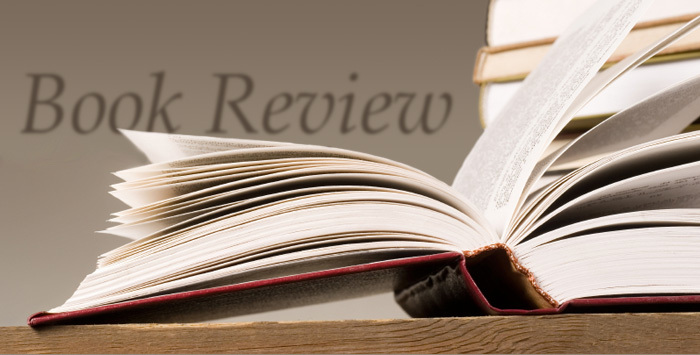Forgiveness: A Gift from My Grandparents
by Mark Sakamoto
Reviewed by Kristy Dolson
As we come to the end of 2019, this is a word I find myself contemplating often. Forgiveness: It is the intentional decision to let go of negative feelings in order to move on from harmful actions done to us by a person or group. We grant forgiveness whether the offender(s) deserve it or not, because shedding the psychological weight of resentment or vengeance is critical for survival. But the road to forgiveness can be long and difficult. For Mark Sakamoto and his family, it took generations.

Forgiveness: A Gift from My Grandparents is the haunting tale of WWII survivors from two very different sides of the Canadian war story. Sakamoto’s maternal grandfather, Ralph MacLean, was a young man living a life of isolation and abuse on the Magdalen Islands of Canada’s east coast. To escape this life, he and his closest friend signed up to join the army when war in Europe broke out. Unfortunately, they were sent to the Asian theater, specifically to Hong Kong. There Sakamoto and the other surviving Canadian soldiers were soon captured by the Japanese and kept as POWs for the remainder of the war. His friend could not endure the harsh prison conditions, but MacLean withstood every hardship, and when Japan surrendered, he was sent back to Canada via Vancouver. During a stop in Alberta on the train journey home, he met a young woman who would later entice him to return west and become his wife.
On the other side, Sakamoto’s paternal grandmother, Mitsue Sakamoto, was a second-generation Japanese-Canadian living a happy life in Vancouver when Pearl Harbor was attacked, dooming all people of Japanese ancestry on North America’s west coast. She and her family were sent east to Alberta to work as farm laborers. In a series of cruel legislations, during and after the war, the Canadian government saw to it that none of these displaced people could easily return to their coastal homes. She and her husband resigned themselves and their young children to a life of farming and adversity. This brave woman gave up everything she loved in order to keep her children safe and to give them a future full of the opportunities that had been taken from her.
Sakamoto has taken his grandparents’ stories and demonstrated the power of living history. It is a testament to the power of forgiveness that these two individuals, witnesses to the worst of humanity, never lost their own. They forgave but did not forget. And eventually their lives were brought together in the union of their children. This union in turn begat grandchildren who listened to their stories and discovered the profound wisdom and strength needed to navigate an often harsh and cruel world populated with broken, fearful, and greedy people. The book was easy to read but at times difficult to digest. The general events and orders of history are made intimate and visceral, as were the psychological impact and consequences of a massive war and forced migration.
The gift of forgiveness strikes me as critical as we head into 2020. Over 70 years ago, the Canadian media and government waged a campaign to strip Asian immigrants of their humanity. It was successful: By the time the attack on Pearl Harbor gave the USA and Canada grounds to intern anyone of Japanese ancestry, no one protested. The protests, the formal apologies, and the restitution all came much later. Despite what Mitsue was taught about Canada in school, it turned out that the rights and freedoms of democracy did not apply to her.
The very same lessons are being taught and learned in the USA today. Democracy has been hijacked by the fearful and corrupted by the power-hungry. Mexicans are being demonized in the media. People fleeing war zones are being caged by border security for trying to realize their dreams of a better life. Forgiveness is important, yes. But we should never forget. We must act. Regardless of your religious affiliations, as 2019 comes to a close, consider giving those in need the gift of your voice and your actions. Let’s ensure that no more generations need suffer in apathy and silence.
The Reviewer
Kristy Dolson lived in South Korea for five years before taking a year off to travel, read, and spend time with her family in Canada and Australia. She holds a Bachelor of Education and now lives in Yeosu, where she splits her time between teaching at the new Jeollanamdo International Education Institute and reading as much as she can.




